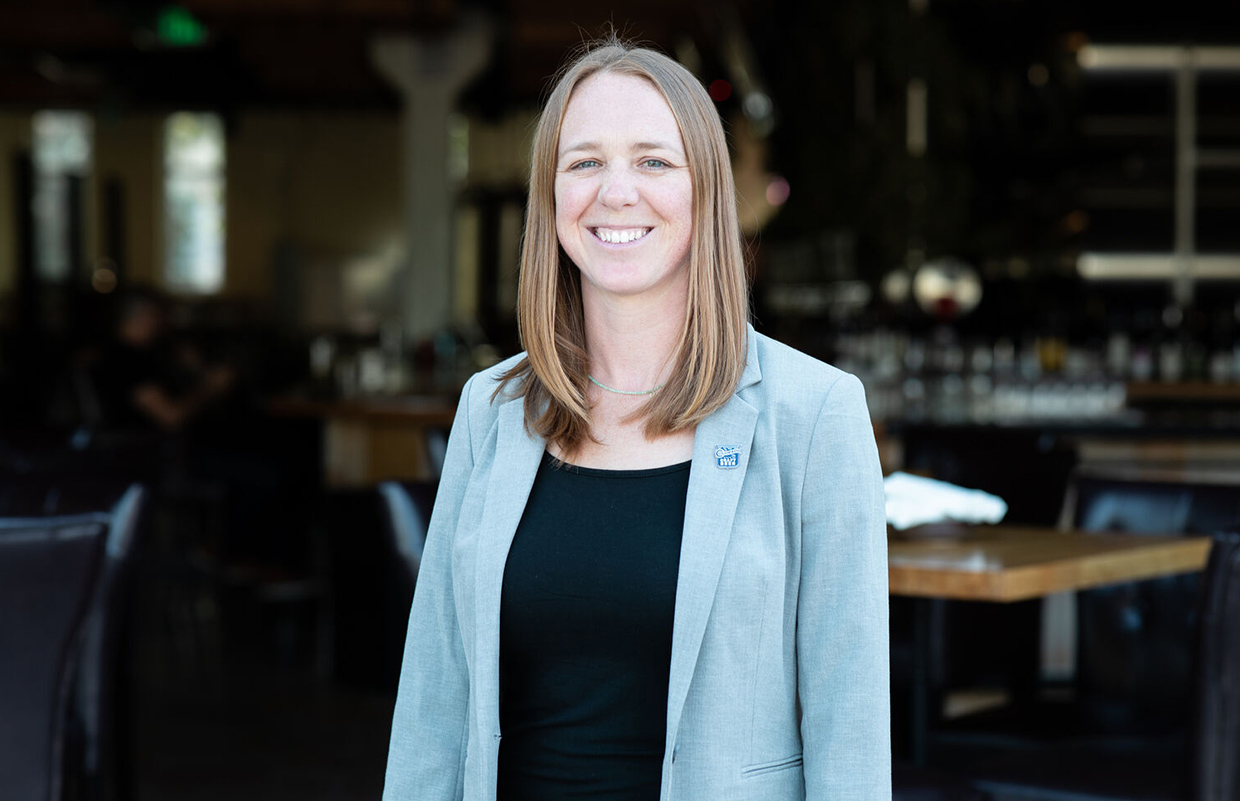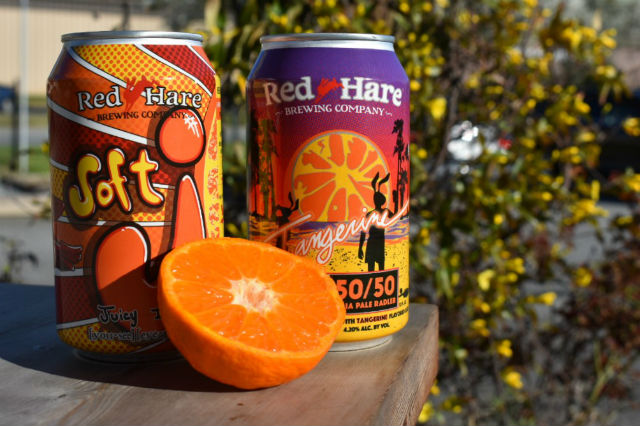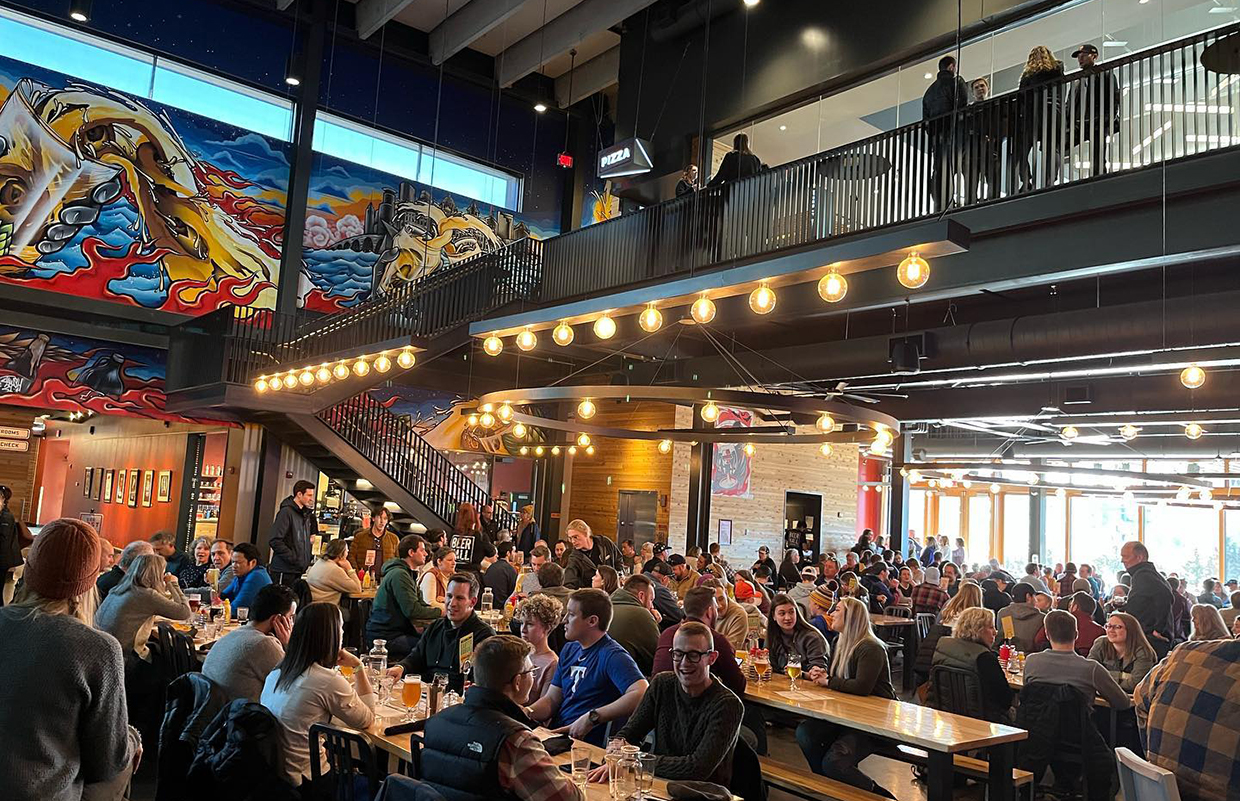
This is a part of a continuing series of Q&As with members of the brewing community from across the US.Brewer Magazine will share business and personal insights from Brewmasters, Head Brewers, Brewing Managers, Sales Directors, QCQA Managers and others each weekend to help you get to know each other better in the industry and learn more to better develop your own brand.In this Guild Showcase series, we get insights from state guild members.
Shawnee Adelson, Executive Director, Colorado Brewers Guild — Denver
BREWER: What new initiatives or law reforms have been worked on lately by your guild that’s unique or making your member breweries become more successful?
ADELSON: Last year, in 2021, we helped to pass a law that allows breweries to pull up to nine festival permits per year. These permits allow them to use unique locations and have the same privileges that they currently have under their licenses. We hope these permits will give breweries an opportunity to be more creative in engaging with customers in unique settings. It went into effect earlier this year, so this summer will be the first festival season breweries are able to use it. Breweries are definitely excited to take advantage of it.
BREWER: What business strategies are you encouraging breweries to evolve toward to help stay competitive or even flourish during this period of the industry?
ADELSON: We are encouraging breweries to use that new festival permit to create new and unique ways to gain market access and reach more customers.
BREWER: How do you feel your guild has had to adapt in the industry compared to a few years ago?
ADELSON: There has, of course, been a lot of change both in the Guild and the industry due to the pandemic. Now that things are starting to return to “normal” we have hired more staff and created positions that didn’t exist pre-pandemic. Our new business manager, Emma Ramey, is focusing on creating more diverse revenue streams, including our insurance co-op, adding more allied trade partners and larger, more consistent sponsorships, so our income is not reliant on just events and member brewery fees. Moving in that direction had been a priority in the past, but hadn’t really pushed forward until the pandemic moved the needle when events were not possible.
BREWER: Can you share a success story (be it a brewery, an event, law change, etc.) that you are proud the maturity and growth of what they have done or perhaps a story of how you learned from a situation that has altered your thoughts on how you do your job now and how the guild works with its members?
ADELSON: The event hiatus let me rethink how we do our signature events. Bringing in Emma, our business manager, provides more sponsorship income and by hiring our in-house event planner, Michelle Baldwin, we were able to move away from working with third parties to run our events. This year was our most financially successful Collaboration Fest and we are planning to continue tweaking it to keep increasing revenue and make it more appealing for the brewers and public.
BREWER: In today’s business climate for craft beer, how will a brewery grow?
ADELSON: Due to the pandemic, many breweries in Colorado got into the packaging landscape. This opened up new opportunities for many small breweries. However, we are also seeing many breweries choosing to open up second and third tasting rooms as a growth model, instead of the traditional distribution model.
BREWER: If you had one business strategy that you could implement to better the brewing industry, what would it be?
ADELSON: We are very invested in increasing diversity and inclusivity in the industry, encouraging good HR practices for our members that are supportive of all types of people. We formed a DEI committee last year with that goal in mind.




Be the first to comment